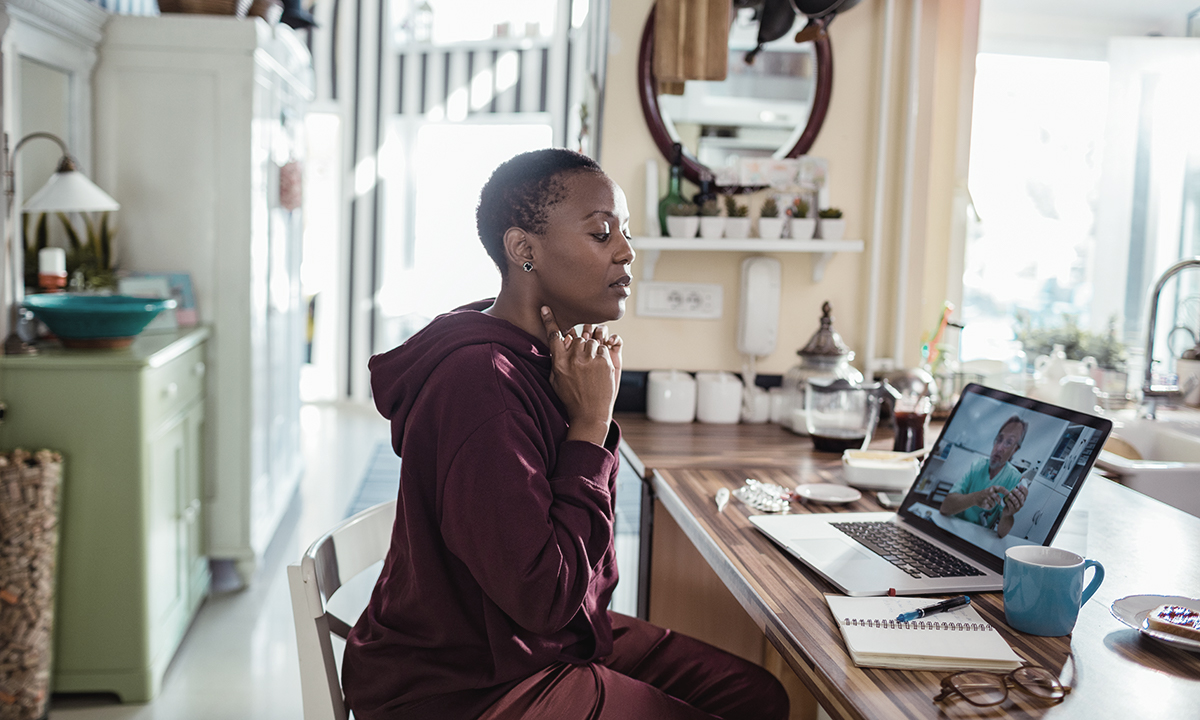Life tends to come at us in small increments. Children progress each year by one grade level, our careers advance with raises, promotions, and job transfers, friends enter and exit our lives. There are occasional seismic events – the birth of a child or the death of a loved one – but collectively things evolve gradually.
COVID-19 blew that paradigm away. For perhaps the fifth time in a century (the others being two world wars, the 1918 pandemic, and the Great Depression), an event disrupted lives and livelihoods on a global scale and led millions of people to shift their fundamental behaviors and values on matters like where to live, how to work and shop, and how to balance careers with family and social obligations.
Asked how their life had changed since the outbreak of the pandemic, one French citizen said, “Eight weeks without work last spring, and half-time last November. I spend a little less in every area. Future uncertain.”
The stakes for companies and political leaders are huge. That’s why the Oliver Wyman Forum has launched its Global Consumer Sentiment initiative. During the course of the pandemic, we have taken the pulse of consumers across 10 countries to see how COVID has affected their hopes and fears, attitudes and behaviors.
We aim to discover not merely what is happening but why, and whether these motivations and habits are likely to endure. By delving deeply into the stories of thousands of individuals – how they’ve coped with job or income insecurities, the debilitating impact of not seeing friends and loved ones, and for some the new opportunities created – we’ve compiled a rich mosaic of the human experience through an extraordinarily trying time.
These stories can foster greater understanding and enlighten and inspire companies to innovate their customers’ experience, engage with them in deeper and more-lasting ways, and enhance their brand for the long haul. These insights also can help governments design policies that better address the needs and aspirations of citizens.
Consider the following from our survey: Since the pandemic began, five people out of six have been touched directly by the virus or know someone in their community who has suffered serious health consequences; have had their job, household income, or savings affected by the crisis; or have been subject to lockdown orders or other restraints on their activities. Nearly one-third of respondents have felt an impact across all three dimensions – health, finances, and freedom.
“A bit of financial hardship and heaps of sadness with losing loved ones and not being able to send them off due to restrictions,” one respondent explained their COVID experience. “I’ve tried my best to cut down and have tried different ways of avoiding spending so I can save more … [and] buy my own house for my family to call a home.”
In many developed countries rising vaccination rates, declining infections, and expanding economic activity are fostering fresh optimism. Yet experiences still vary greatly, and the past year and a half has taught us that trends can change abruptly.
One Spanish respondent recounted that being “confined without being able to go out in the street, without being able to see loved ones, to hug and kiss them, is the worst thing that’s happened to me” last year, followed by their “extreme happiness” when the country lifted lockdown measures. Yet just weeks after those optimistic comments, two more devastating waves of the virus hit Spain and prompted the government to impose fresh lockdowns that lasted until this May.
The future is not etched in stone, but everything we do should be based in a greater understanding of our collective experiences. The Oliver Wyman Forum looks forward to sharing our research with public and private sector partners to help them build a better tomorrow for all of us.

